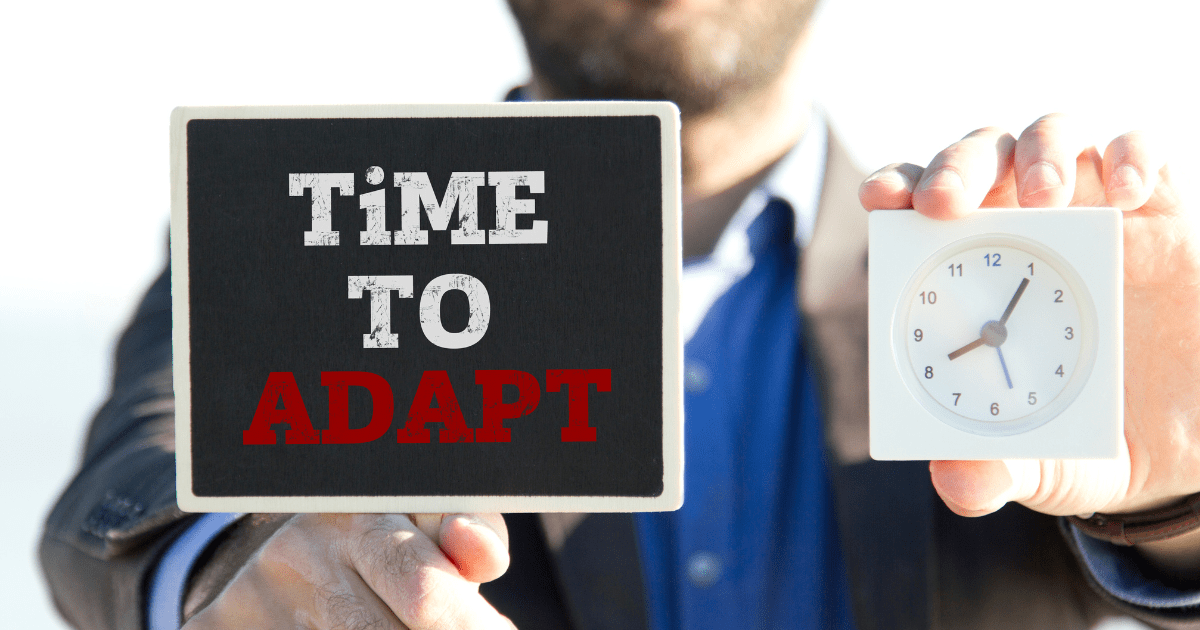
Companies increasingly worry about the unpredictable business environment where markets are volatile (#2) and political perils, such as protectionism or terrorism are on the rise. Other growing concerns are digital dilemmas arising from new technologies and cyber risks (#3), as well as natural catastrophes (#4). However, what continues to trouble them most, are losses from business interruption (#1). These are the key findings of the 6th annual Allianz Risk Barometer analyzing corporate risks globally, as well as by region, country, industry and size of business.
Business interruption (BI) continues to lead the ranking for the fifth year in a row (37% of responses), primarily because it can lead to significant income losses, but also because multiple new triggers are emerging, especially non-physical damage or intangible perils, such as cyber incidents, and disruption caused by political violence, strikes and terror attacks. This trend is driven, in part, by the rise of the “Internet of Things” (IoT) and the ever-greater interconnectivity of machines, companies and their supply chains which can easily multiply losses in case of an incident. Companies are also facing potential financial losses with the changing political landscape (Brexit, Trump, upcoming EU elections etc.) leading to fears of increasing protectionism and anti-globalization.
“Companies worldwide are bracing for a year of uncertainty,” says Chris Fischer Hirs, CEO of Allianz Global Corporate & Specialty (AGCS) SE. “Unpredictable changes in the legal, geopolitical and market environment around the world are constant items on the agenda of risk managers and the C-suite. A range of new risks are emerging beyond the perennial perils of fire and natural catastrophes which require re-thinking of current monitoring and risk management tools.”
“Cyber incidents (30%) costs the South African economy around R35 billion annually with the most common threats being from hackers, disgruntled employees, negligence and competitors so it doesn’t surprise us to see this risk ranked first in the country for the second year in a row,” says Nobuhle Nkosi Head of Financial Lines AGCS Africa.
“South Africa continues to face macroeconomic challenges (#3) including low commodity prices, the Chinese slowdown and the tightening of US monetary policy and also suffers from its own internal pressures such as inflation, weak domestic demand and socio-political tensions.”
Mastercard invites women entrepreneurs to enter the JA South Africa Youth Enterprise Development Programme
Mastercard invites out of school, unemployed or self-employed young women between the ages of 18 and 35 to participate in the Junior Achievement South Africa (JA South Africa) Youth Enterprise Development Programme.
Kicking-off at various community centres around Gauteng, Western Cape and Limpopo on 6 February 2017, 260 applicants will be selected to take part in a 20-week programme that aims to empower women to pursue entrepreneurial ventures of their own.
By participating in three-hour theoretical and practical sessions two afternoons a week, the budding entrepreneurs will focus on business theory, market research, financial and business management, sales and marketing, as well as the basic steps of computer literacy.
“Our programme focuses on encouraging and guiding young women to become economically active, enabling them to contribute towards self-sufficient communities,” says Nelly Mofokeng, Managing Director at JA South Africa.
Entry details:
Application forms must be submitted no later than 31 January 2017 and are available in the following areas:
Gauteng: Siyafunda Community Technology Centre (East Rand), Tshepo Themba Development Centre (West Rand), Diepsloot Skills Centre (Diepsloot) and Olievenhoutbosch Development Centre (Pretoria).
Western Cape: The Communiversity in Vrygrond.
Limpopo: Vexospark Community Technology Centre in Polokwane.
Criteria for entry:
You must be between the ages of 18 and 35 to participate in the programme
You must have at least a Grade 10 education and upwards
You must be able to read and write in English







